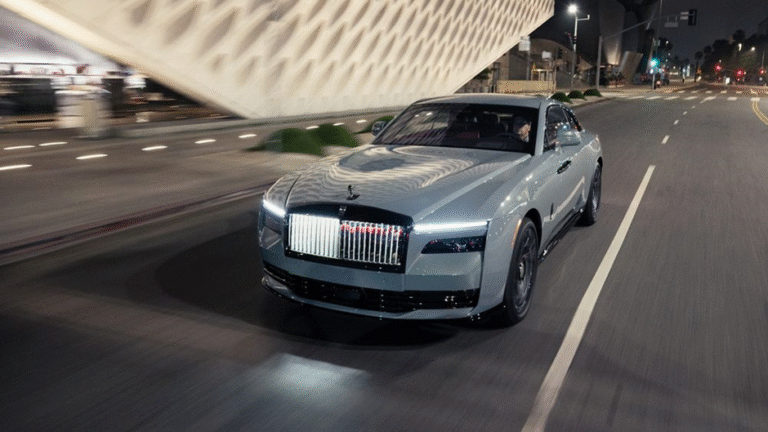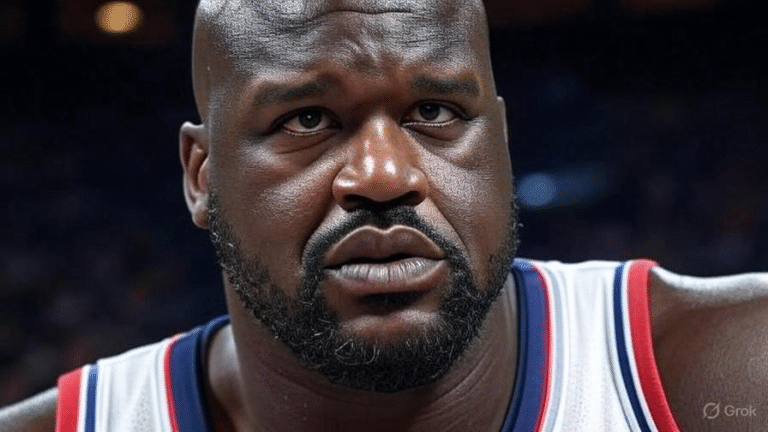LONDON – In a tense escalation of ongoing hostilities, at least 10 Ukrainian drones were intercepted and brought down near Moscow overnight heading into Sunday, according to Moscow Mayor Sergei Sobyanin. The strikes prompted temporary restrictions at two major airports in the Russian capital, as emergency crews responded swiftly to the locations where drone debris landed.

Russia’s Defense Ministry confirmed that a total of 67 Ukrainian drones had been downed across various regions during the night, with some specifically targeting the capital.
South of Moscow, the Tula region witnessed its own drone-related incident. Governor Dmitry Milyaev reported that the Azot chemical plant in Novomoskovsk was struck, sparking a fire due to falling wreckage. Two individuals were injured, and the governor reassured the public via Telegram that the situation remained under control.
In a Telegram post, Andriy Kovalenko, head of Ukraine’s Counter-Disinformation Center under the National Security and Defense Council, highlighted the significance of the Azot facility. He pointed out that it plays a key role in producing explosives, notably TNT used in artillery shells, bombs, and missiles.
Meanwhile, Ukraine faced its own barrage of attacks. The Ukrainian air force reported that Russia launched 49 drones and three missiles overnight. Of those, 40 drones were either shot down or neutralized, according to a Telegram update.
As tensions flare, the Kremlin’s iconic skyline remained unchanged, even as an artist captured its stillness in a painting on June 5, 2025. But beneath the calm image, both nations continued an aggressive cycle of long-range warfare.
Amid the U.S.-mediated peace talks aimed at ending Russia’s three-year-old invasion, strikes from both sides have grown more intense in recent weeks. In a public address, Ukrainian President Volodymyr Zelenskyy underscored the dire need to boost Ukraine’s air defense systems as Russian aerial assaults increased in scale and intensity.
One of the hardest-hit locations was Kharkiv, a northeastern city just 19 miles from the Russian border. Over the weekend, at least three civilians were killed and 23 injured there, according to local military officials. Elsewhere across the country, an additional four fatalities were reported due to Russian strikes.
Zelenskyy reiterated Ukraine’s urgent appeal for advanced air defense systems from its Western allies, particularly the United States. He stressed that while European nations have been helpful, concrete actions from Washington are still pending. “We need clear, actionable commitments — not just reassurances,” Zelenskyy said.
He expressed gratitude to European partners for their military support and emphasized the strategic necessity of joint manufacturing initiatives for air defense technology. “This isn’t just about Ukraine — it’s about the collective security of all Europe,” he said. “Time is of the essence, and every delay costs lives.”
Zelenskyy and his senior leadership have been unwavering in their claim that Russia’s escalating assaults — and the growing number of Ukrainian civilian casualties — demonstrate that President Vladimir Putin’s talk of peace is disingenuous.
These latest Russian offensives came just days after a bold Ukrainian covert operation in which over 100 drones were deployed from trucks to strike key Russian bomber bases deep within the country. Moscow swiftly promised retaliation, while Ukrainian officials hailed the operation as a turning point.
Zelenskyy has since warned that Russia’s intensified attacks cannot be justified as retaliation. He again called on Western leaders to increase diplomatic and economic pressure on Moscow to push Putin toward meaningful compromise.
“There can be no easing of pressure,” Zelenskyy declared. “Russia is not looking for peace — it is preparing for continued war. The world must hold them accountable.”
As plumes of smoke still rise from the latest missile strikes in Kharkiv, Zelenskyy’s message grows sharper. “The illusion that Russia is immune to pressure is dangerous,” he said. “Pressure brought them to the table once, and it can force realism again.”
He concluded by reinforcing his call for tougher sanctions, especially targeting Russian oil exports and those still doing business with Moscow. “This war must end — not with concessions, but with accountability. Russia started this, and only Russia can stop it.”



